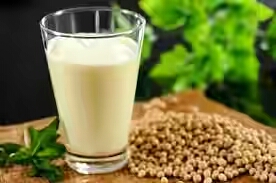Common Planting Depths
Many factors are needed to be considered while planting a corn
crop. One of those factors is planting seed at the right depth. A
common principle of planting depth is to place a seed deep
enough in the soil to reach adequate moisture for germination
and emergence. The most common corn planting depth is 1.5 to
2 inches. The depth can be slightly increased if the soil is
abnormally dry and warm, however, it is not generally advised
to place seed deeper than three inches. Planting deeper than
normal results in slower emergence with the increased
likelihood of problems such as crust formation after rainfall
before the plant has emerged from the ground.
Shallow Planting: Things to consider
Modern cultivating equipment allow to have much better control
on planting depths and are equipped with better closing systems
than older machinery. This makes it appealing for growers to try
shallower planting depths. Corn fields planted at shallower
depth usually result in poor and uneven emergence which can
have potential negative effects on grain yield. Earlier planting
may be appropriate for shallower seed depth because the soil
warms-up faster on the surface. Surface residue can also play a
role in deciding the seeding depth. If the field has good residue
cover, the depth can be shallower than normal as the soil warms
up slower in high residue and no till systems. In any case
reducing seeding depth below 1.25 inches is not recommended.
Seeds that are planted shallower than recommended form nodal
roots that are very close to the surface and may not develop
proper root growth later in the season causing severe stress on
the growing plant.





